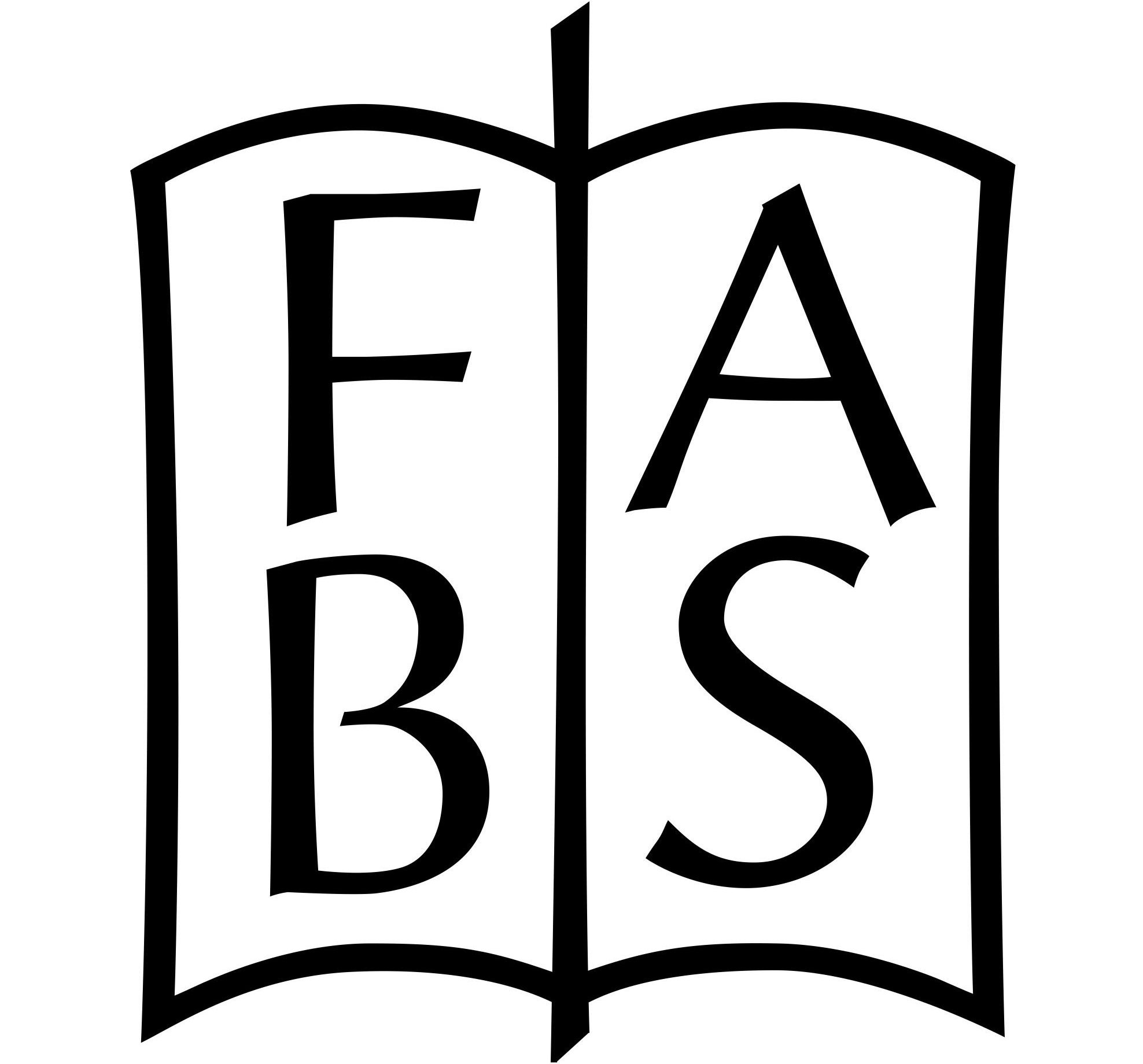
- This event has passed.
FABS Handpress Era Zoom Group: Color Plates of Fishes and Gilbert White’s Natural History
Sponsored by FABS
All are welcome to join us for an hour of presentations and discussion of printed books and other materials before 1800. The Handpress Group meets the second Monday of each month.
Justin Hanisch, New evidence for an old book: errant ink markings and an updated census provide new clues to the printing history of Louis Renard’s Poissons, ecrevisses, et crabes
Louis Renard’s Poissons, ecrevisses, et crabes (1719, 1754, 1782) is one of the earliest books on fishes published with coloured plates. Each of the three editions was issued by a different publisher but was printed from the same set of copperplates. In this talk, I will first summarize the interesting (and somewhat complicated) publishing history of this important book. I will then detail my efforts to gather as many leaves as possible from a broken and dispersed uncoloured copy that “shouldn’t exist” and how this copy inspired new bibliographical discoveries.
Justin Hanisch is an ecologist and collector of pre-20th century books, manuscripts, and ephemera on the natural and social history of fishes. He has published works on books and book collecting with the University of Alberta Press, Brill, and the journal Amphora and is currently preparing a manuscript based on the talk presented here today. He is a member of the Grolier Club and the Alcuin Society.
J. David Archibald, A Biologically Influential Publishing Quirk
The Oxford educated Gilbert White (1720-1793) became curate for life in the small village of Selborne, Hampshire. He was a keen observer of all the local fauna and flora describing occurrences of new species, behaviors of birds and mammals, and recording seasonal changes in plants and animals. Although limited to Selborne, his work is credited as being some of the earliest attempts at ecological and phenological observations. The 1789 book of his observations The Natural History and Antiquities of Selborne was much loved, including by a ten-year-old Charles Darwin, it is a publishing quirk. It is supposedly the fourth-most published book in the English language after the Bible, Shakespeare, and Bunyan’s The Pilgrim’s Progress.
J. David Archibald served on the faculty of Yale University and is professor emeritus of biology at San Diego State University. His field of research was the early evolutionary history of mammals, conducting many paleontological expeditions In the western U.S. and Asia. After becoming professor emeritus he turned to the history of evolutionary thought, especially pertaining to Charles Darwin. He is the author or coeditor of many scientific articles and books, including four books since his retirement, most recently in late 2021 Charles Darwin in the Reaktion Press Critical Lives series.
Contact Jennifer Larson (info@fabsocieties.org) to be added to the mailing list.
